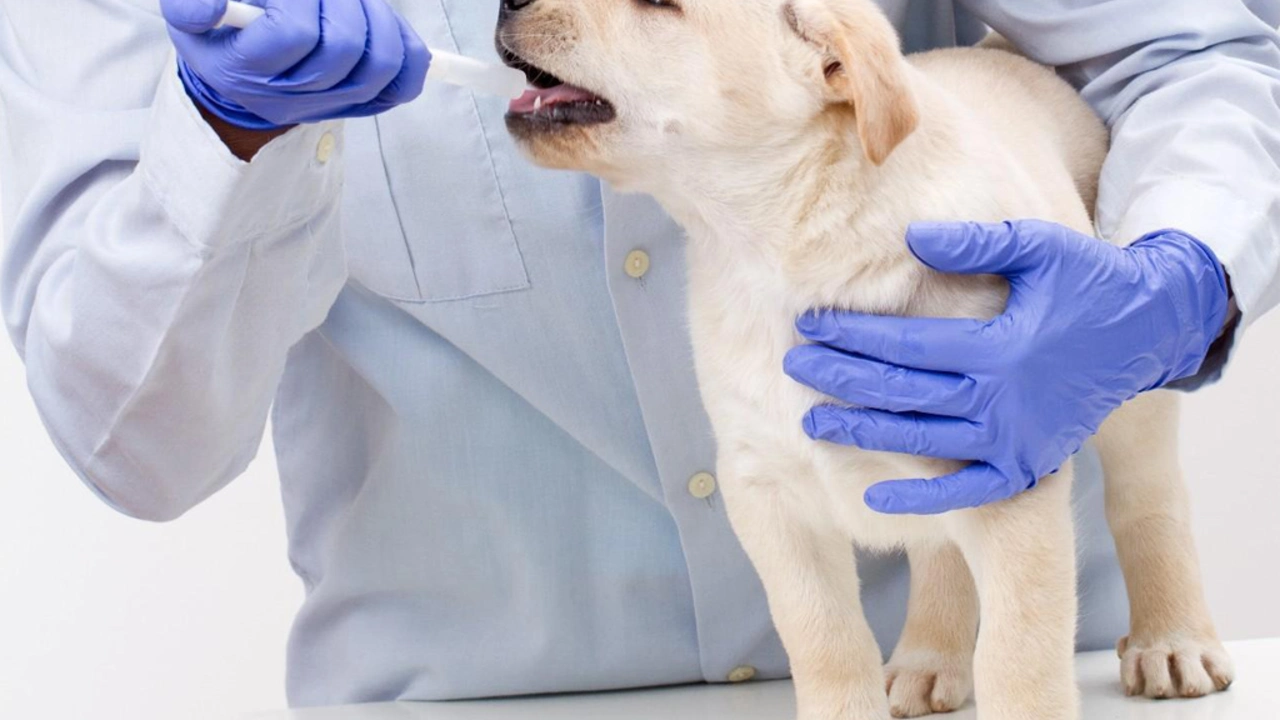Pet Health: Practical Tips for Meds, Care, and Online Orders
Got a sick pet and you’re not sure what to do next? This page helps you handle the most common pet medicine and safety questions fast. You’ll get clear advice on when to call your vet, which human meds are dangerous, how to check doses, and how to buy pet prescriptions online without getting scammed.
Common medicines and safety rules
Some drugs used in humans are okay for pets only under strict vet guidance; many are not. Never give ibuprofen, naproxen, or acetaminophen to dogs or cats unless your vet says so—those can cause serious harm. Safer vet-prescribed options for pain and inflammation include drugs like carprofen or meloxicam for dogs, but doses differ by weight and condition. Always follow the exact dose your vet gives; overdoses happen fast.
Antibiotics help bacterial infections but won’t fix viruses. If your pet gets an antibiotic, finish the full course unless your vet tells you otherwise. Stopping early can let bacteria return stronger. Watch for allergic reactions: facial swelling, hives, vomiting, or trouble breathing need immediate vet attention.
Buying pet meds online: do it smart
Online pharmacies can save money and time, but choose carefully. Look for a licensed vet pharmacy, a real prescription requirement, and clear contact info. If a site ships without asking for a prescription, that’s a red flag. Read recent reviews and check for secure checkout. Keep records: save order confirmations and photos of the product you receive.
Compare prices but don’t chase the cheapest if the vendor looks sketchy. Counterfeit or expired meds can hurt your pet. When ordering, double-check the drug name, strength, and pill appearance. If something looks off, call the pharmacy and your vet before giving it to your pet.
Storage matters. Most pills keep best in a cool, dry place away from kids and pets. Some meds need refrigeration—follow the label. Keep an updated list of all medicines your pet takes and bring it to each vet visit; interactions matter just like in people.
Know when to call the vet. Emergency signs include difficulty breathing, seizures, severe vomiting or diarrhea lasting more than a few hours, sudden weakness, or collapse. For less urgent problems—mild appetite loss or a small limp—text or call your vet for next steps. Telehealth can work for follow-ups, but an exam is often needed for new or serious issues.
On RxStore-365 you’ll find guides on safe medication use, how to spot side effects, and tips for ordering online responsibly. Use those resources, but always treat your vet’s advice as the final word for your pet’s health. A quick phone call can save a lot of worry and keep your furry friend healthy.

Loperamide for Pets: Can it Help Your Furry Friend?
Hi there! If you're like me, you want the best for your furry friend. That's why I've decided to look into Loperamide for pets to see if it can help our companions when they're not feeling their best. This medication is often used for diarrhea, but is it safe for our pets? Let's explore this topic together and make sure we're doing all we can for our four-legged family members' health. After all, a well-informed pet parent is a successful one.
Read More




